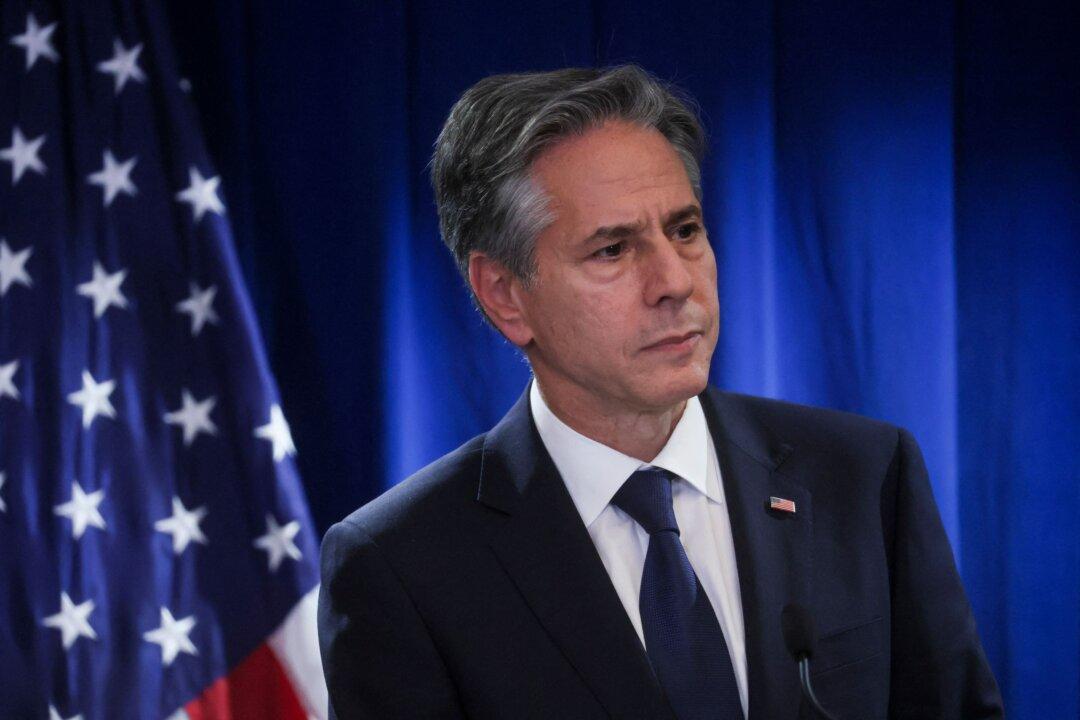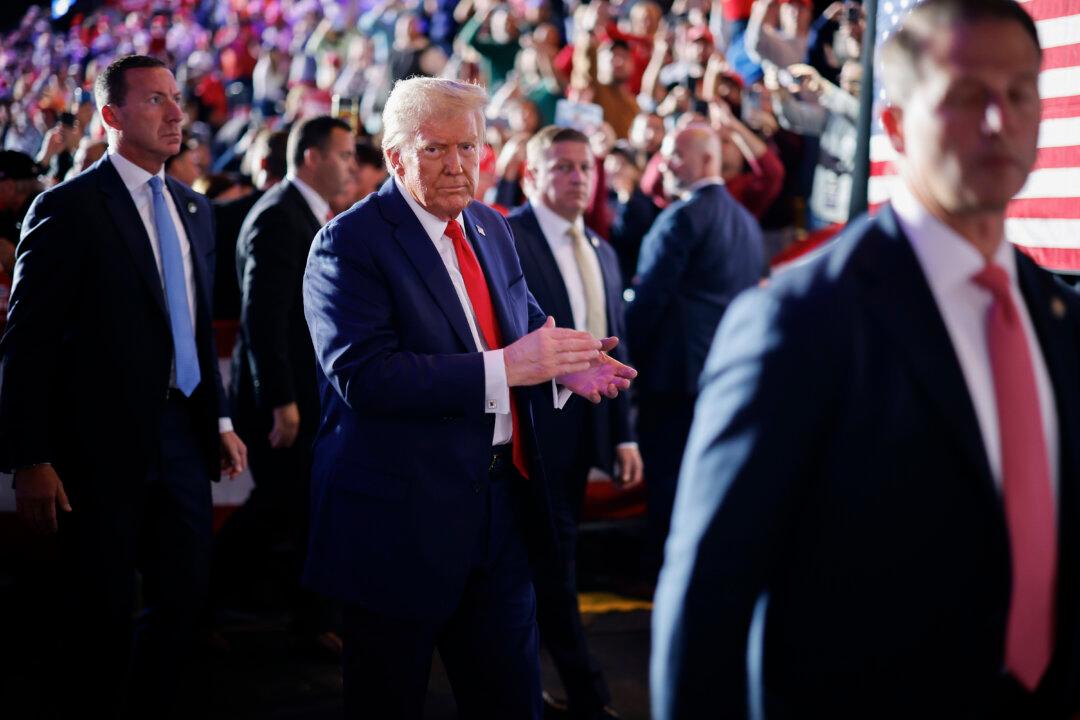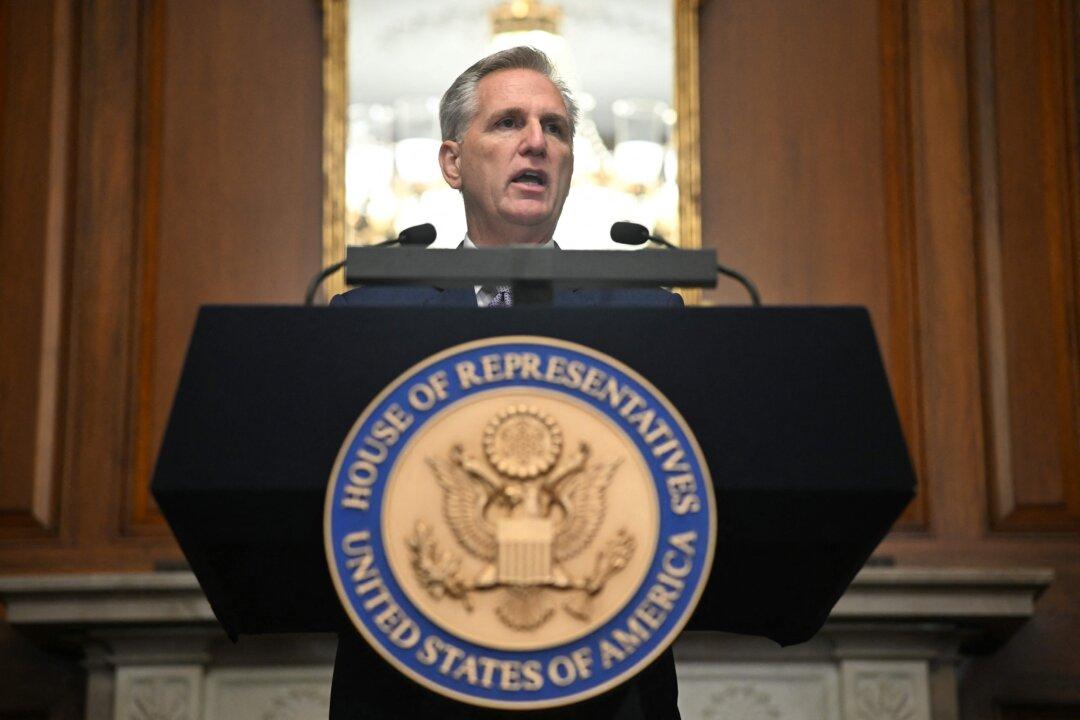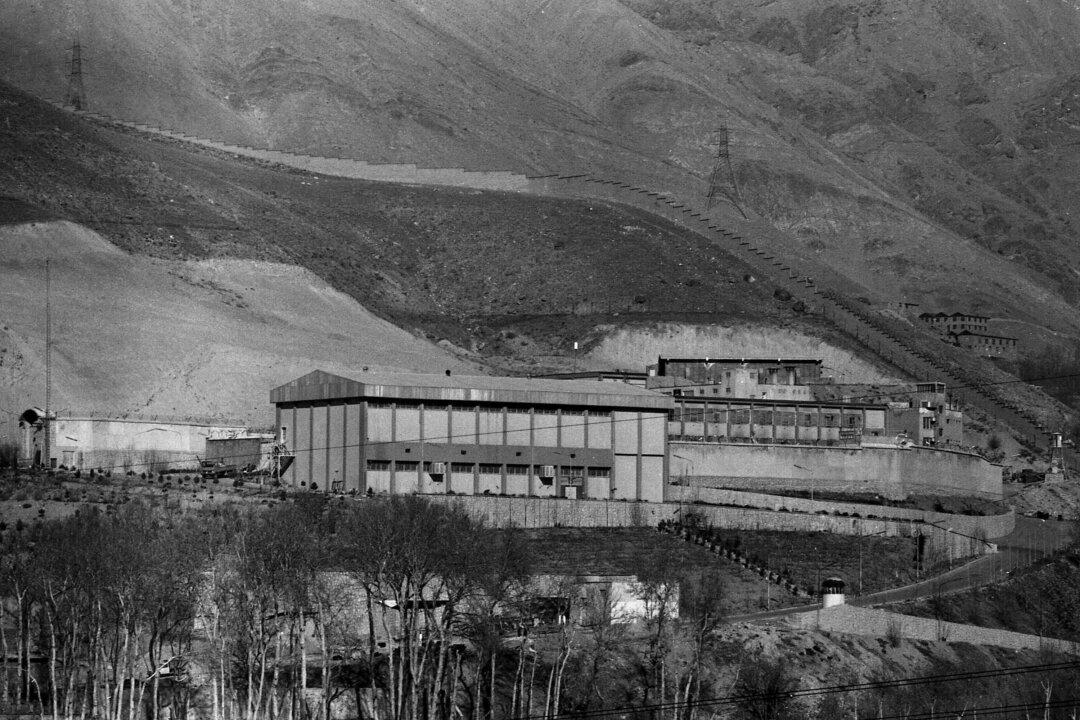Rep. Michelle Steel, a California Republican whose parents fled communist North Korea and raised her in Japan, says it’s past time for the federal government to take action to prevent U.S. complicity or even assistance in China’s gruesome organ-harvesting practices.
“My parents fled from Communist rule, so I’ve always been working on these issues,” Steel told RealClearPolitics (RCP) in an interview. “Medical doctors who have participated in organ harvesting or are involved in some way shouldn’t be allowed to come to the United States .... [W]e don’t want to train these doctors.”
In their letter to Blinken, Steel and Dunn expressed deep concern about the Chinese Communist Party’s (CCP) organ harvesting of minorities, including Falun Gong practitioners, Uyghurs, Tibetans, Muslims, and Christians who have been “wrongfully detained in China.”
“Evidence suggests that some medical practitioners in China are forcing organ harvesting procedures on the most vulnerable populations in China, and those who perform these acts have no place in the United States,” they wrote.
Human rights experts estimate that 60,000 to 100,000 forced organ transplants are occurring annually in China, with 8,000 a year in just one hospital. Nina Shea, the director of the Center for Religious Freedom at the Hudson Institute, has criticized the American transplant sector for openly supporting China’s transplant doctors and industry even as they adhere to medical ethics at home.
Steel and Dunn, both members of the House Select Committee on China, asked Blinken if he shares their outrage and whether the agency is currently investigating medical practitioners applying for visas in the United States for ties to China’s organ-harvesting industry.
The inquiry comes as the Biden administration continues its efforts to repair its strained relations with China, which are at their lowest level in decades over disputes related to Beijing’s aggression against Taiwan, Chinese spying, technology, and various trade disputes. Treasury Secretary Janet Yellen was in Beijing last week, to meet with China’s No. 2 leader, Premier Li Qiang. Just last month, Blinken spent two days in Beijing meeting with China’s leader Xi Jinping and top foreign policy officials after canceling a diplomatic trip earlier this year amid fallout over a Chinese spy balloon traversing the United States.
The two Republican members of Congress specifically want to know if the State Department is keeping track of how many medical practitioners from China have applied for visas in the U.S. over the last five years, how many visas have been granted among this pool of applicants, and how many were denied. They also asked whether Blinken has a plan to prevent the CCP’s organ-harvesting crimes against humanity.
A State Department spokesperson said the agency is “deeply concerned” by reports of forced organ harvesting targeting members of religious and ethnic minority groups detained in China. But the spokesperson declined to say whether State had responded or plan to respond to the inquiries, citing a general policy against discussing congressional correspondence. “The United States continues to call on the [People’s Republic of China] government to cease its depraved actions and to act consistent with its human rights commitments and all relevant medical and ethical best practices, including acting in the best interest of the patients, informed consent and respect for personhood,” the spokesperson told RCP in an emailed statement.
This official, who asked not to be named, confirmed that the United States is actively seeking to prevent individuals “who are or have been involved in human rights violations and abuses” from securing safe haven in the country and cited “a number of visa ineligibility grounds” that could potentially apply to individuals who have been involved in “coerced” organ harvesting.
“Visa records are confidential under U.S. law, therefore, we cannot discuss the details of individual cases,” the spokesperson said.
Steel and Dunn are pressing the State Department for answers amid growing pressure in the United States and abroad to take steps to ensure that responsible nations and medical institutions disentangle themselves from any involvement in or financial support of China’s organ supply chains.
In late March, the House passed a bipartisan anti-organ harvesting bill spearheaded by GOP Rep. Chris Smith, a longtime human rights champion and chair of the Congressional-Executive Commission on China. The measure would impose sanctions on anyone funding or supporting China’s organ-harvesting industry. Sens. Tom Cotton, an Arkansas Republican, and Chris Coons, a Delaware Democrat, have introduced a similar bill, now wending its way through the Senate.
Key members of Congress have long tried to expose China’s gruesome organ harvesting practices. The House Foreign Affairs Committee held its first full hearing on the CCP’s forced organ transplants in 2001, and the practice was raised in hearings as far back as 1996.
Congress, the State Department, and the U.S. medical establishment all share an institutional reluctance to confront China over these mass atrocities because the potential implications are so far-reaching and range from international trade to Taiwan.
But a growing international body of evidence is increasingly making the practice difficult for nations to ignore.
Last year, the American Journal of Transplantation, the top transplant publication in the world, published an article by two leading researchers on a particularly grisly practice. The pair uncovered compelling evidence that Chinese surgeons are removing organs from prisoners who are still alive, a shocking violation of the internationally accepted “dead-donor” organ rule barring extractions before donors have been declared “brain dead.”
In 2019, the China Tribunal, a non-governmental commission in the UK, investigated accusations of organ harvesting in China, holding hearings and weighing evidence from dozens of witnesses and experts. The Tribunal, led by Sir Geoffrey Nice, a world-renowned lawyer who prosecuted Slobodan Milosevic at the Hague, concluded that forced organ harvesting has taken place on a significant scale throughout China for years. It also learned that instead of curbing the practice in response to worldwide scrutiny, the CCP expanded it from jailed Falun Gong followers to China’s Uyghur Muslims.
It found that the CCP’s execution of prisoners of conscience for their organs constitutes crimes against humanity and said the sheer scale of the transplant tourism industry in China suggests that prisoners of conscience have been “killed to order” for their organs.
“Stealing these organs is a gross human rights violation,” Steel said. “The whole world needs to know what’s going on in China.”





